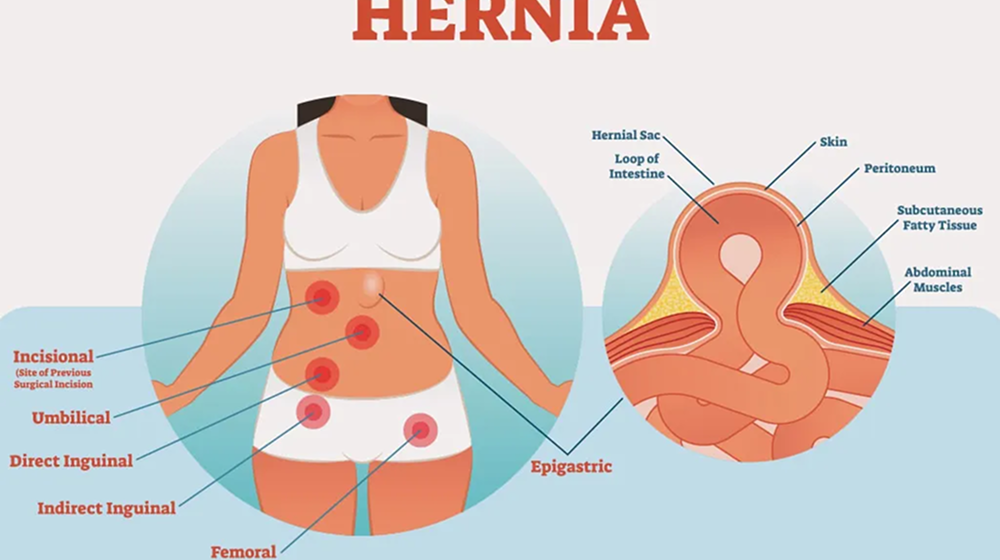Anal pain, also known as rectal or anus pain, is a common issue that can be uncomfortable and even distressing. This pain can range from a mild ache to a sharp, severe pain that affects your daily life. In this article, we’ll explore five common causes of anal pain and provide tips on how to soothe it effectively.
1. Hemorrhoids
Hemorrhoids are swollen veins located around the anus or in the lower rectum. They are one of the most common causes of painful anal sensations and can lead to symptoms like itching, burning, and even bleeding. According to the American Society of Colon and Rectal Surgeons, hemorrhoids affect about 1 in 20 people in the United States, and nearly half of adults over the age of 50 experience hemorrhoids.
How to Soothe Hemorrhoid Pain
- Warm Sitz Baths: Soaking the affected area in warm water for 10-15 minutes several times a day can help reduce swelling and relieve pain.
- Over-the-Counter Creams: Hemorrhoid creams containing hydrocortisone can reduce inflammation and itching.
- Cold Compresses: Applying a cold compress to the affected area can help reduce swelling and numb the pain.
2. Anal Fissures
Anal fissures are small tears in the lining of the anus, often caused by passing large or hard stools. This can result in a sharp pain in the anus, particularly during and after bowel movements. Anal fissures are also associated with bleeding and a burning sensation, which can persist for hours after using the bathroom.
How to Soothe Anal Fissure Pain
- Increase Fiber Intake: Consuming more fiber-rich foods like fruits, vegetables, and whole grains can make stools softer and easier to pass.
- Use a Stool Softener: Over-the-counter stool softeners can help prevent straining during bowel movements, which can worsen the fissure.
- Topical Numbing Creams: Applying a cream with lidocaine can provide temporary relief by numbing the area and reducing pain.
3. Proctalgia Fugax
Proctalgia fugax is a condition that causes sudden, intense spasms in the rectum. The pain often occurs without warning and can last from a few seconds to several minutes. Although the cause of proctalgia fugax is not well understood, it is thought to be related to muscle spasms or nerve issues in the rectal area.
How to Soothe Proctalgia Fugax Pain
- Warm Compresses: Applying a warm compress to the area can help relax the muscles and ease the pain.
- Pelvic Floor Exercises: Regularly performing pelvic floor exercises, like Kegels, can help strengthen the muscles and potentially reduce the frequency of spasms.
- Muscle Relaxants: In some cases, a doctor may prescribe a muscle relaxant to alleviate the spasms associated with proctalgia fugax.
4. Anal Abscess
An anal abscess is a collection of pus that forms near the anus, usually as a result of an infection. The abscess can cause significant pain, swelling, and redness in the area. If left untreated, an anal abscess can lead to a more serious condition known as an anal fistula.
How to Soothe Anal Abscess Pain
- Pain Relievers: Over-the-counter pain relievers like ibuprofen or acetaminophen can help manage pain and reduce inflammation.
- Warm Sitz Baths: Soaking the area in warm water can help alleviate pain and promote drainage.
- Seek Medical Treatment: In most cases, an abscess requires drainage by a healthcare professional. Antibiotics may also be prescribed to clear the infection.
5. Pruritus Ani (Anal Itching)
Pruritus ani, or anal itching, is a common condition that can cause a persistent urge to scratch around the anus. This itching can lead to soreness and a burning sensation, especially if the area is scratched frequently. Pruritus ani can be caused by poor hygiene, excessive moisture, or irritants like scented toilet paper.
How to Soothe Pruritus Ani
- Keep the Area Clean and Dry: Gently clean the area with mild soap and water after bowel movements, and pat dry to avoid irritation.
- Use Unscented Wipes: Scented products can exacerbate itching, so opt for unscented, alcohol-free wipes.
- Apply a Barrier Cream: Creams containing zinc oxide or petroleum jelly can create a protective barrier and reduce itching.
When to See a Doctor
While many cases of anal pain can be managed at home, there are times when it’s essential to seek medical advice. If you experience any of the following symptoms, you should contact a healthcare provider:
- Persistent Pain: If pain in the rectum or anus lasts longer than a few days without improvement, it may require professional evaluation.
- Severe Pain: Sudden, intense pain could indicate a serious issue, such as an anal abscess or thrombosed hemorrhoid.
- Bleeding: Although minor bleeding can be associated with hemorrhoids or fissures, significant or persistent bleeding should be assessed by a doctor.
- Fever or Pus Drainage: These symptoms may indicate an infection that requires medical treatment.
Summary
Anal pain can be caused by a variety of conditions, from hemorrhoids to infections. Understanding the root cause of your pain is essential for effective relief. By following these soothing tips and making lifestyle adjustments, you can manage and reduce rectal discomfort. However, it’s always best to consult a healthcare provider for a proper diagnosis, especially if the pain is severe or persistent. Taking a proactive approach to your health can help alleviate painful anal sensations and improve your quality of life.




